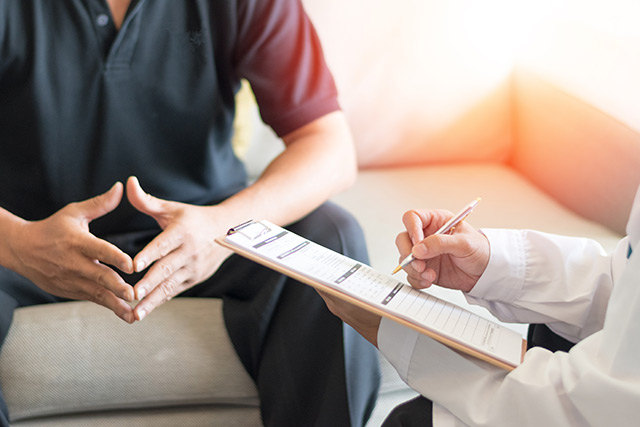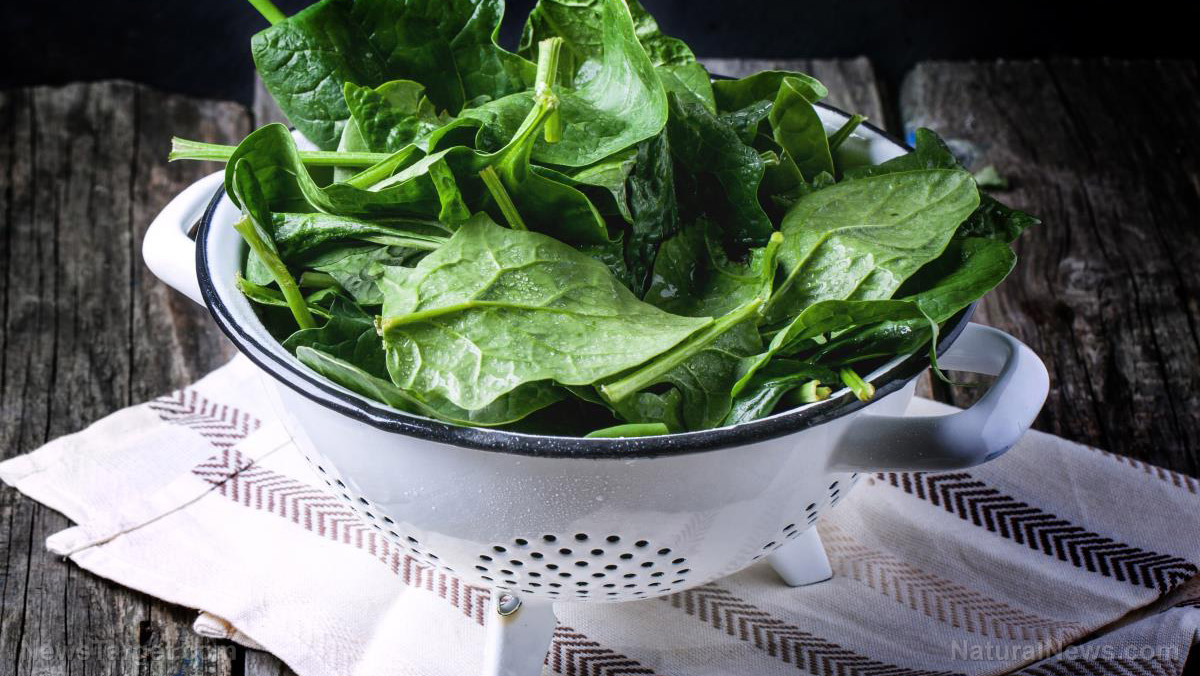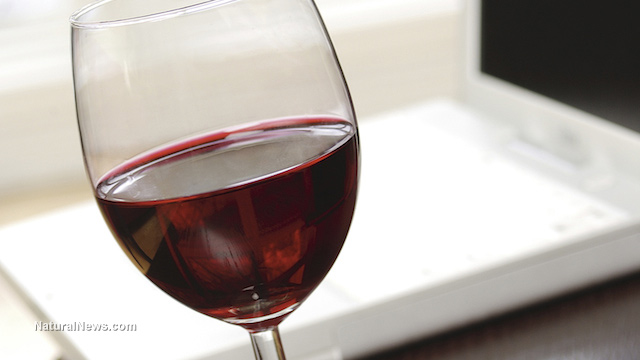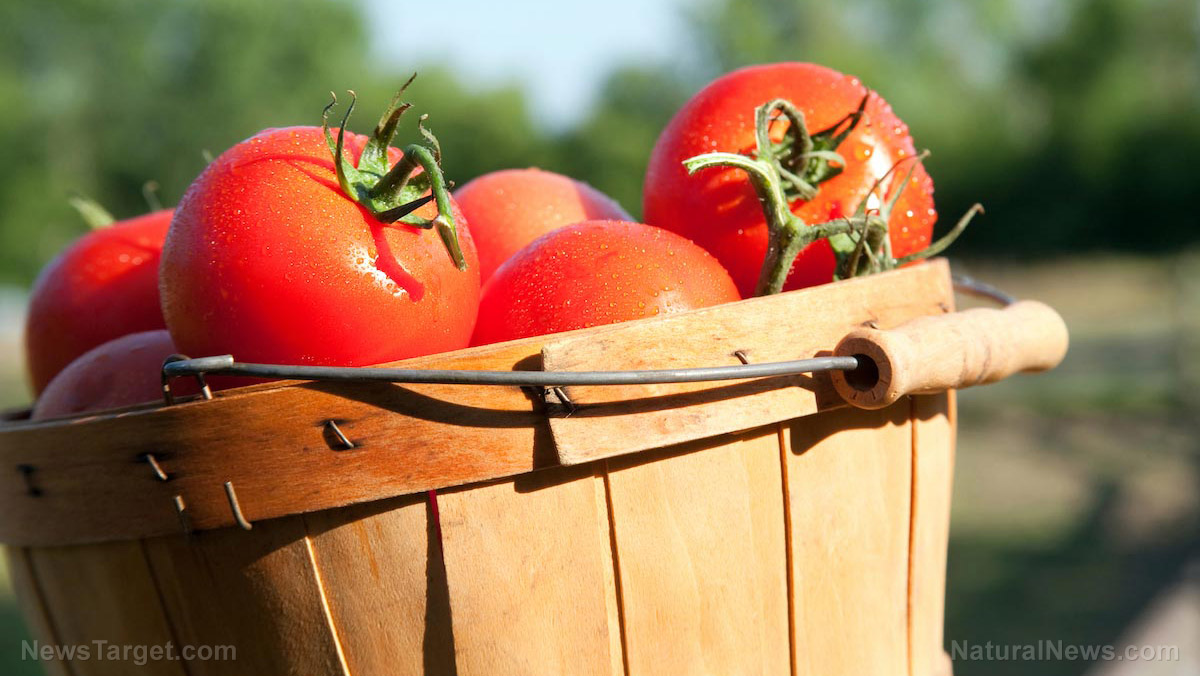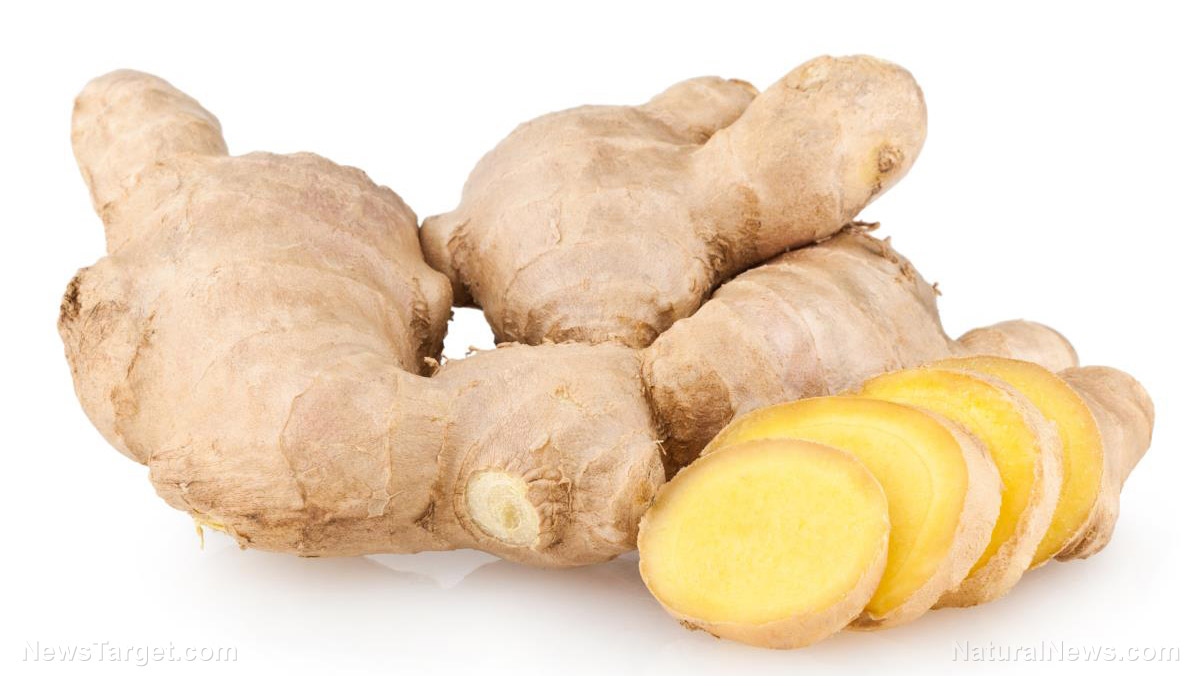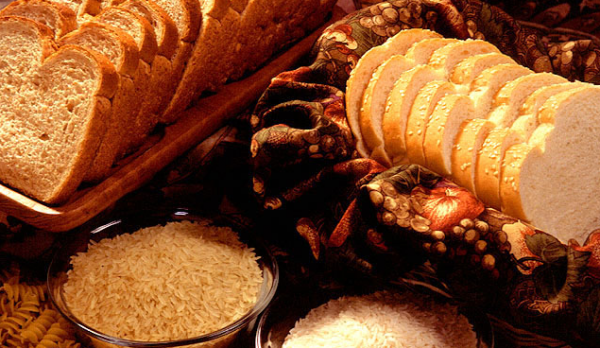Americans’ affinity for drinking coffee could prove to be a valuable tool in the fight against colon cancer, according to scientists from UT Southwestern Medical Center’s Simmons Cancer Center.
Drinking coffee has been associated with a lower risk of developing colon cancer, along with recurring tumors and death from the illness. Because there are so many different compounds in coffee, researchers aren’t yet exactly sure just how it brings about this effect. They do know that the caffeinated and decaf varieties are both effective.
The impact that drinking coffee can have on your colon cancer risk is significant. For example, an Israeli study involving 8,500 people – 5,000 with colorectal cancer and 3,500 without cancer – found that those who drank coffee had an average of a 30 percent lower chance of developing colorectal cancer.
They also found that the more coffee people drink, the lower their chance of developing the disease. Those who drank small amounts of coffee – one to two cups per day – still had a 22 percent lower chance of developing cancer, while those who drank between two and 2.5 cups per day had a 44 percent lower risk of developing the disease. Meanwhile, those who drank more than 2.5 cups of coffee per day had a 59 percent lower chance of developing colorectal cancer.
The researchers found this effect even after accounting for colorectal cancer risk factors such as gender, age, vegetable consumption, and whether or not they consumed aspirin daily.
Experts theorize that coffee could have this effect by making substances pass more quickly through the colon, which means the tissue there is not exposed to potential carcinogens for as long as it normally would be; others believe it could affect gut microbe composition or that the cancer-preventing properties are due to compounds in the coffee itself.
Coffee shown to help fight several types of cancer
Other studies have shown that coffee consumption could reduce the risk of prostate, skin, liver, endometrial and breast cancer. In addition, some studies have shown that coffee drinkers enjoy a lower risk of gout, gall stones, cirrhosis, and type 2 diabetes, along with a reduced risk of death due to vascular problems like stroke or heart attack.
Given what a great job coffee does fighting cancer, it’s pretty ironic that California wants to require coffee sellers to put a cancer warning on the coffee sold in the state because it contains a byproduct of roasting coffee beans known as acrylamide that is a possible carcinogen.
Nevertheless, the Simmons Cancer Center researchers are optimistic about reducing colon cancer as a recent industry survey showed that coffee consumption is rising steadily in the nation. Sixty-four percent of adults reported that they had consumed at least one cup of coffee the day before the survey.
In Texas, where the UT Southwestern Medical Center is located, estimates show that 10,000 people will be newly diagnosed with the invasive form of colorectal cancer every year, and roughly a third of these people will die because of it. Nationwide, the American Cancer Society expects 97,000 new cases of colon cancer to be diagnosed this year, along with 43,000 new cases of rectal cancer. It’s the third most common cancer found in both women and men in the country, and 4 percent of women and 5 percent of men are expected to develop it over their lifetime.
Of course, coffee isn’t going to do your health any favors if you fill it up with extra sugar or artificial sweeteners. Many coffeehouse creations are loaded with sugar and calories, so watch what you add to your coffee if you’re drinking it for its health benefits.
Read Cancer.news for more coverage of things that prevent cancer.
Sources for this article include:
NewsWise.com
LiveScience.com


